Many of us want to avoid taking medicines. However, common reasons to visit a doctor are the common cold or viral infections. These infections may mean taking antibiotics (which can kill healthy bacteria in our bodies) and we can lose energy and physical strength. Antibiotics may also cause indigestion.
However, getting sick in the first place is directly related to the strength of our immune systems, that is, our immunity.
What is immunity?
Immunity is the ability of the body to defend itself against foreign invaders and infections, by making antibodies.

Low immunity not only leads to infections like the common cold, but also may cause more serious infections of any other part of the body. Some of these infections can include digestive disorders, jaundice, skin allergies and even cancer.
The question is, why do we get these infections and why does our immunity drop?
There are many reasons for poor immunity. The most common being STRESS and POOR NUTRITION.
Stress is a very vast and deep topic that deserves a post of its own, so today we will look at nutrition.
When we say poor nutrition we mean, in this context, the absence or deficiency of those nutrients that make our own fighter cells strong enough to fight the germs that enter our body.
Possessing a strong immune system is important for a yogi. Yoga needs regular discipline in every aspect of one’s life and daily practice. Low immunity and constant infections work as road blocks in the path of progress in a yogi’s practice.
A yogi is deeply connected with this universe and nature; this connection is developed through bringing oneness between the energies of the universe and self. This energy is enriched with foods that build immunity. If there is a war going on inside our body due to poor immunity or poor nutrition, our mind will be restless, toxic and unstable. This is contraindicative to yoga practice.
Bringing colourful food to your plate is a good way to boost your immunity and reduce your chances of getting an infection.
Let’s look at some of the best immunity-boosting foods to incorporate into your diet.
Vitamin C is a very powerful soldier which works very hard to make our fighter cells strong. This vitamin is a very powerful immunity-boosting nutrient. Foods like oranges, mangoes, pineapple, sweet lime, grapes, pomegranate, strawberries, blueberries, mulberries, Indian gooseberry and guavas are rich sources of vitamin C. It is always advisable to eat these fruits whole and not as a juice, because vitamin C is very unstable and tends to get damaged when it comes in contact with oxygen in the atmosphere.
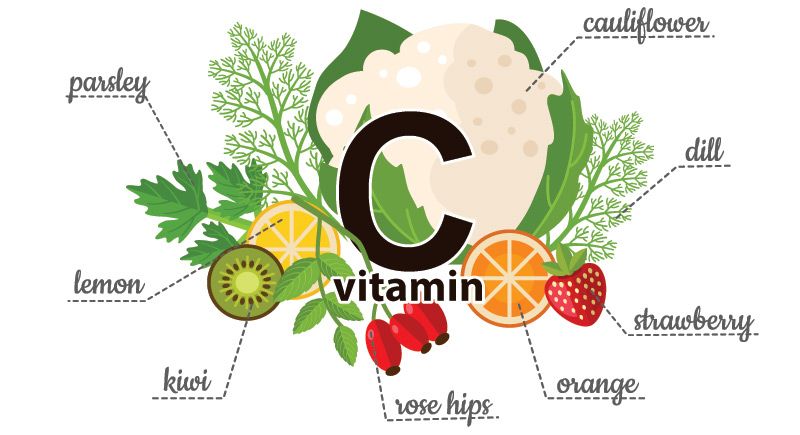
All vegetables that we eat in a salad like green and red cabbage, cucumber, broccoli, kale, tomato, lettuce and carrot are also rich sources of vitamin C. It is best to wash these vegetables twice to ensure they are free from any contamination and/or pesticides.
Vitamin A, also known as beta carotene, is also a strong immunity booster. High quantities of vitamin A are found in yellow and orange fruits like papayas, bael fruit, passion fruits, mangoes and oranges.
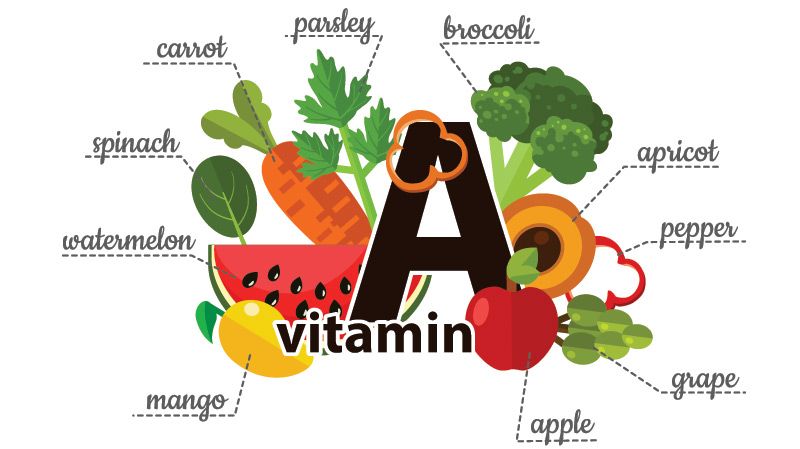
Vitamin E is also needed in the diet to build immunity. It works with vitamin C and compliments its performance as an immunity booster. Vitamin E delays ageing of the cells in the body. It also protects against the wear and tear of brain tissue. Foods rich in vitamin E are almonds, walnuts and sesame seeds.
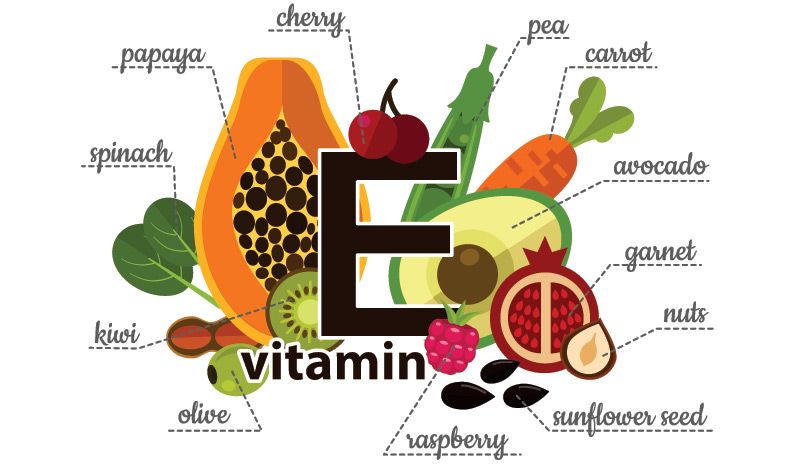
Phytochemicals
The beautiful colours we see in fruits and vegetables are indictors that they contain immunity-boosting phytochemicals that protect us from many infections. My best advice to you and my clients is to make your meals colourful. This ensures you are consuming sufficient immunity-boosting phytochemicals from nature. Several of these phytochemicals that are believed to possess antioxidant properties are quercetin (found in onions), bioflavonoids (found in soya beans) and anthocyanin (found in raspberries and yams).
Other extremely powerful immunity-building components in food are omega 3 fatty acids. Flaxseeds contain high levels of omega 3s. These fats protect our body from many different kinds of attacks and inflammations. As we age we feel more mentally tired and physically susceptible to illness than when we are younger. Two tablespoons of powdered flaxseed per day helps us maintain our physical, mental and emotional health. The best way to have flaxseed is to roast the seeds for about 30 seconds in a dry pan and grind it once cool. Store this powder in the refrigerator and have one tablespoon twice a day with plain room temperature water. Flaxseeds taste a little flat, so if you are particular about taste, you can mix it in yoghurt.
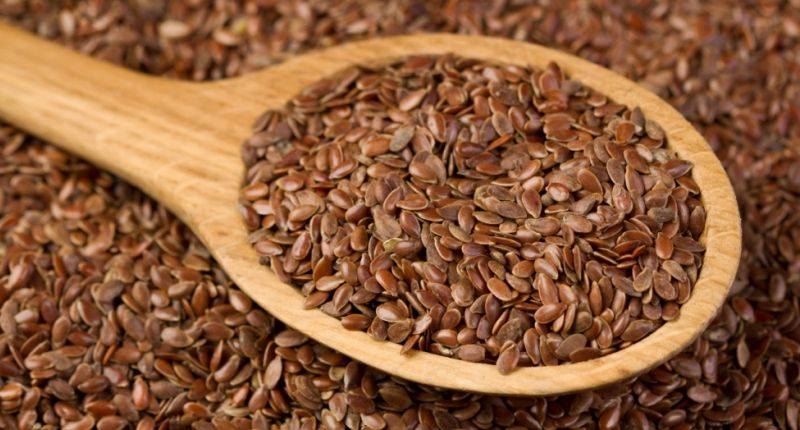
Our immunity-building cells also need proteins to become stronger. Cow’s milk, lentils, organic eggs, tofu, cottage cheese and yoghurt help restore cell strength. Many of us may be vegetarian, vegan or lactose intolerant, but it is essential to choose some kind of protein food that agrees with our principles and systems and add it to two or three meals per day. Regular yoga practice of asanas and progression in our practice may leave our body tired by the end of a hectic day. This may increase our susceptibility to contracting infections. Protein-rich foods in desirable quantities will repair our body from wear and tear and also build a strong shield against infections.
Probiotic bacteria present in yoghurt build our immunity against infections related to the digestive system, especially when we contract stomach infections frequently and severely. Antibiotics given to us as treatment for infections kill our natural digestive flora (natural probiotic fighter bacteria). To rebuild them we need to consume yoghurt rather frequently for a week or so. On a regular basis, we should have at least one serving of yoghurt per day to keep our probiotic bacteria fit and healthy.
Here are a few recipes to help you incorporate these foods into your diet.
Smoothie
Ingredients: 200 to 250 gms of yoghurt, 100 gms of any fruit of your choice, 1 tablespoon of flaxseed powder
Blend them together in a mixer until smooth. You can have it as breakfast or evening snack.
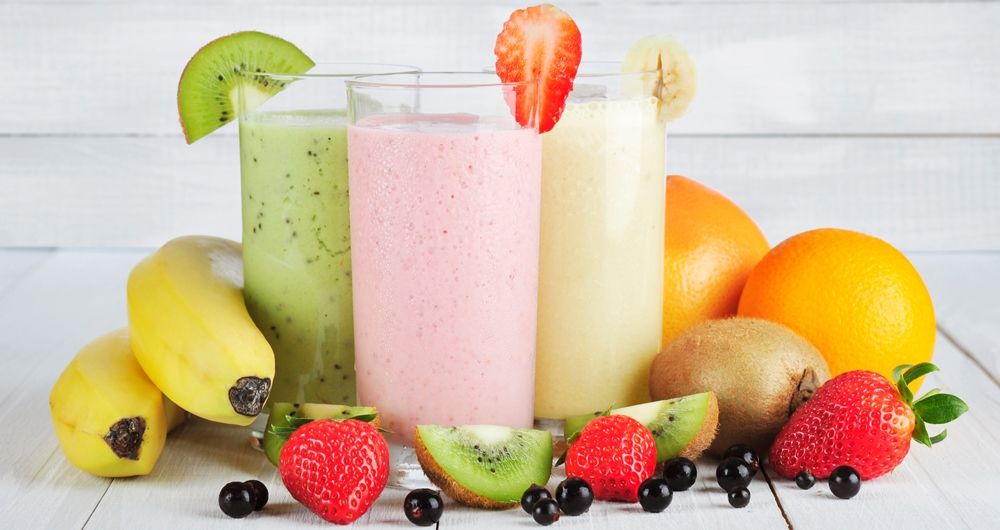
Vegetable Salad
Ingredients: 1 small carrot, 2 leaves of lettuce, 4 cherry tomatoes, 4 to 5 florets of steamed broccoli, 50 gms (green, yellow, or red) bell peppers chopped finely, 3 chopped walnuts, 2 tablespoons boiled peas, 1 tablespoon grated beetroot, 1 teaspoon extra virgin olive oil, 50 gms of tofu
Mix all together and squeeze a tablespoon of lime juice or apple cider vinegar and salt as per taste. Serve chilled.
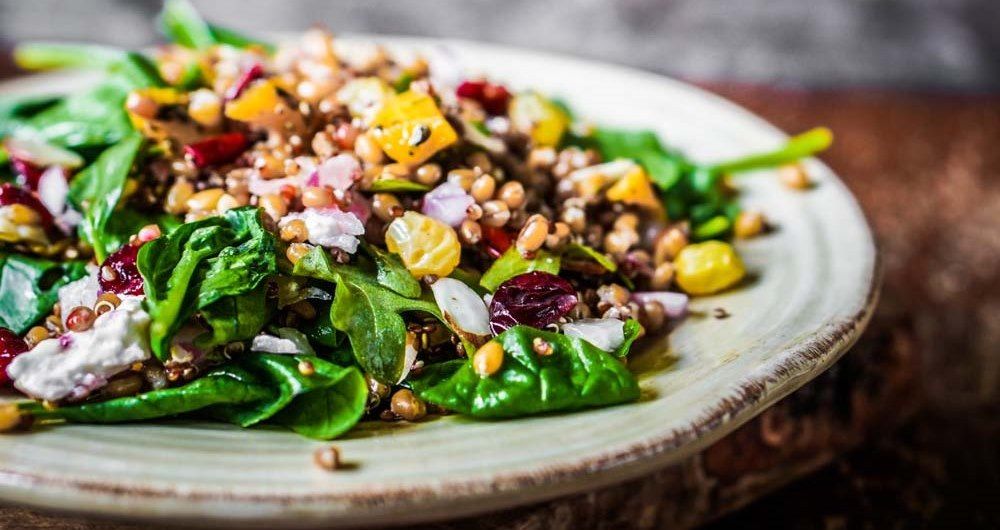
Fruit Shake
Mixed fruits as per your taste and choice, preferably different coloured fruits served with peanut butter and soya milk or almond milk and blended into a shake. Serve chilled.
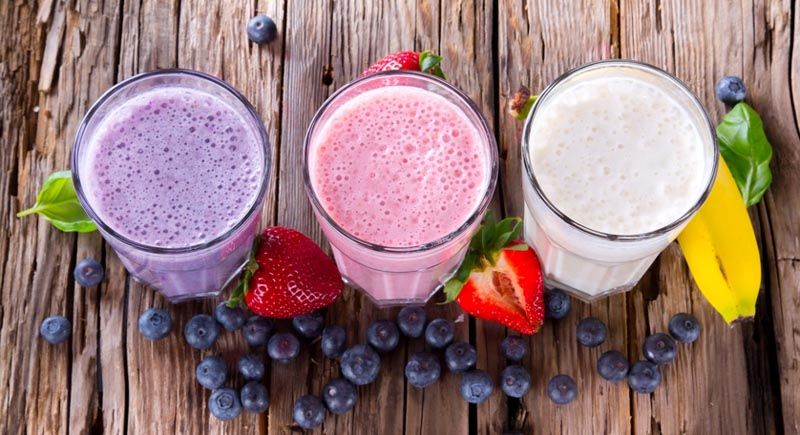
A strong immune system works as a very stable foundation for each one of us who are striving to achieve any kind of health and fitness goal.
Tip: To get the best benefit from fruits and vegetables, one should cook the vegetables for a short duration at medium temperature and have fruits and not fruit juices.
Taking these Ayurveda Courses allows me to be an Ayurveda wellness educator. ? And do you have Ayurveda courses to become a Practioner?